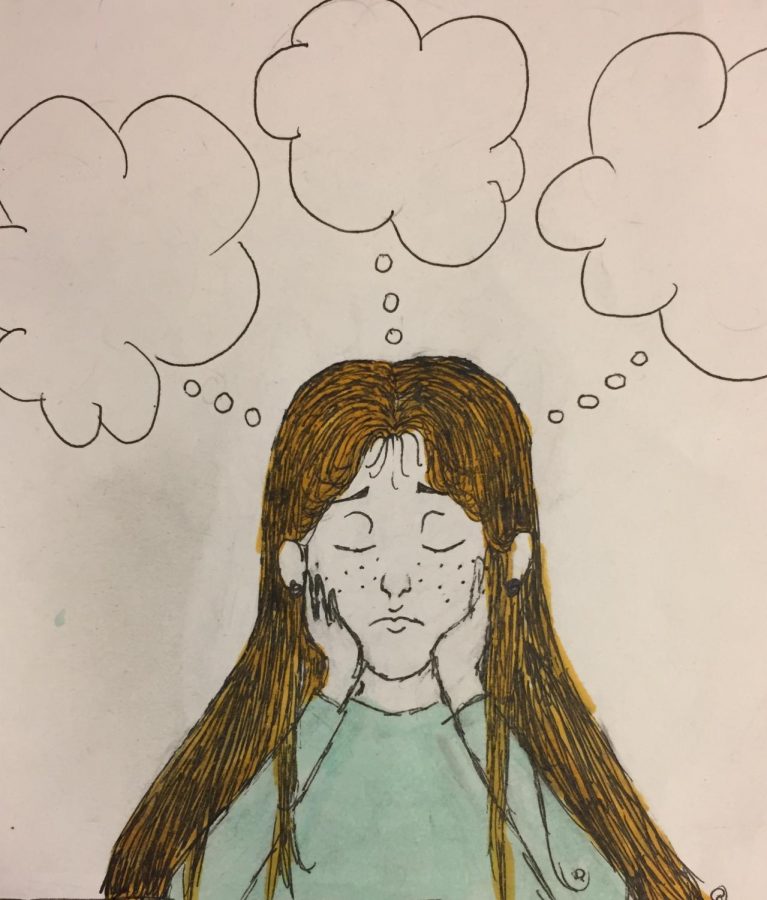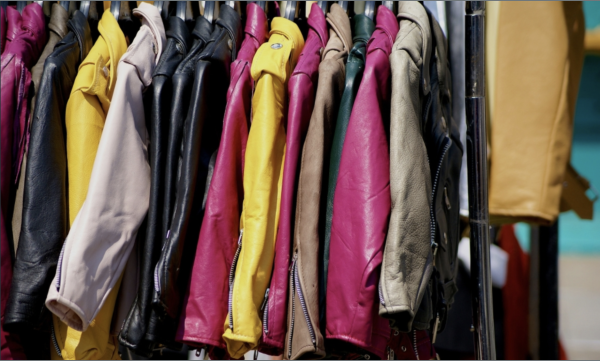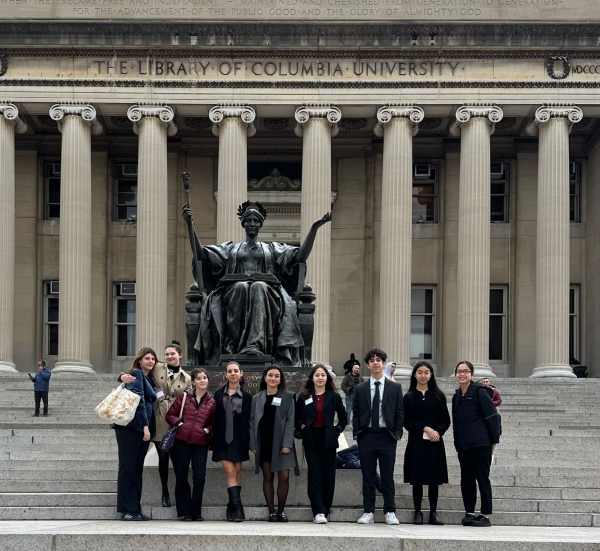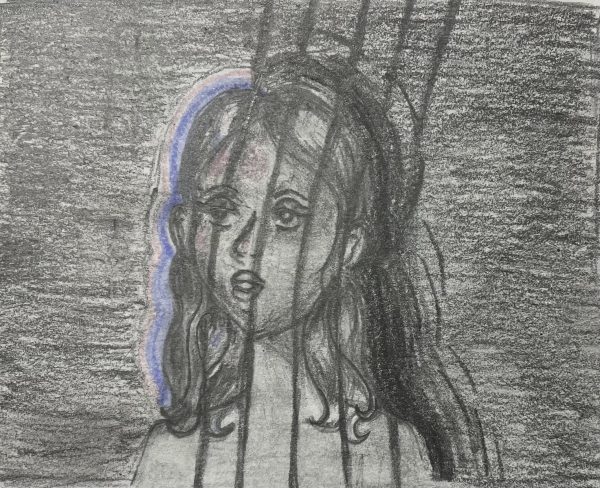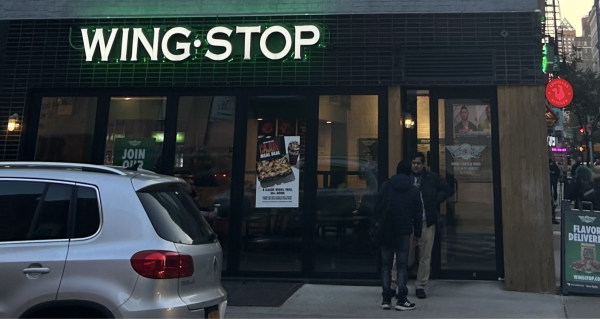How to Become A Better Decision Maker
The gravity of decisions are not confined to measurement by one metric. There is no way to determine their importance until we have reached the point of reflection. Without foreknowledge of the outcome, we must consider all of our options in great detail and then jump in head-first. As a young adult, I struggle with this reality. It has caused me great anxiety and internal turmoil. But there is a way to find peace when making difficult decisions and trust our judgement.
Firstly, we should always remember that, ultimately, we control our decisions. Regardless of our individual attitudes towards fate or destiny, we must acknowledge that the decisions that we make impact our future. Every crossroad that we happen upon requires that a choice be made; further, this choice might affect our near or distant future in varying ways. For instance, when choosing to take an alternate route during your daily commute: this seemingly miniscule decision can result in you arriving to school earlier or later than normal. Nevertheless, not all decisions are this insignificant. Some choices may determine the course of the rest of our lives.
Our reaction to these tough questions are vital to our emotional well-being. Deep contemplation is healthy and should be encouraged. Asking for second opinions from those that you trust is also a good method. The panicked instinct that many of us resort to is harmful. We quickly consider the easiest option, the most subjectively moral option, the most widely approved option, etc. Unfortunately, this is the most common method of rationalizing difficult decisions. In addition, we often do not have the time for deep contemplation. This is why, in hindsight, many of us feel that a small tweak in the decisions we have made might have alternately resulted in a monumentally better outcome. We must remember that we are imperfect beings, but that does not give us an excuse not to improve ourselves.
With the above being said, a vital question is still left unanswered. How do we cope with lapses in our good judgement and the morals that we hold dear? I am of the opinion that we should not torture ourselves over the past; however, it is imperative that we learn from our mistakes. Imperfection is an inalienable characteristic of humankind. Just as the gravity of some of our actions is an inconvenient truth to some, the same is true for the acknowledgement of our mistakes. In order to find closure, we must study our past faults and understand how to repair our former sense of good judgement. To paraphrase the prolific author, Mark Twain: “Good judgement is the result of experience and experience the result of bad judgement.”



